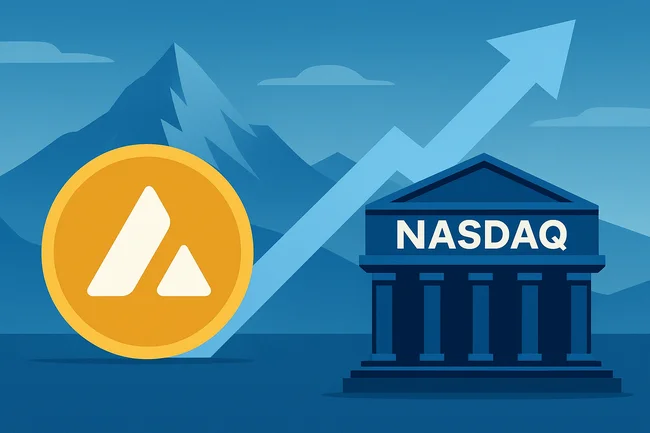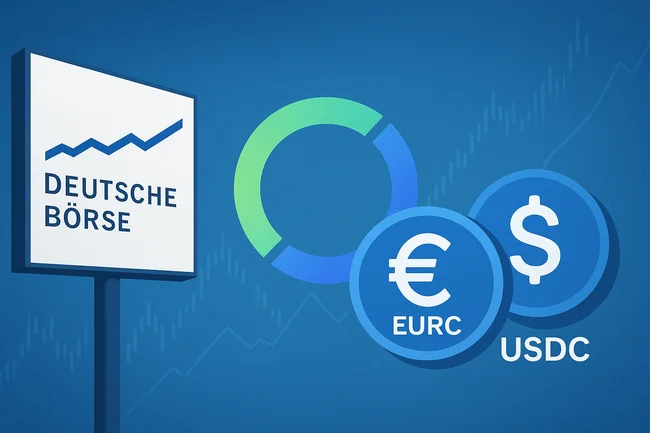Digital Gold refers to assets that serve as a store of value, similar to physical gold. The most prominent example is Bitcoin. The term stems from Bitcoin’s finite supply, mimicking gold’s scarcity. There will only ever be 21 million Bitcoins, which creates a sense of rarity. Like gold, Bitcoin is often seen as a hedge against inflation and economic instability. Investors perceive Digital Gold as a way to protect wealth over the long term. While it doesn’t have intrinsic utility like some other assets, its decentralized nature and the growing acceptance among institutional investors contribute to its appeal. Moreover, the ease of transacting and storing Bitcoin compared to physical gold enhances its attractiveness. As more people turn to digital assets for investment, the comparison to gold becomes increasingly relevant. Overall, Digital Gold encapsulates the idea of using a digital asset as a reliable store of value in an evolving financial landscape.

Avalanche Treasury Co. to Go Public in $675M Deal With Mountain Lake Acquisition
Avalanche Treasury Co. (AVAT), a digital asset treasury company aligned with the Avalanche Foundation, said Wednesday it has agreed to



